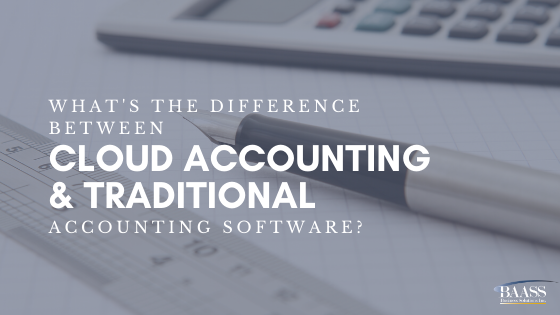As we approach 2026, businesses are bracing for another year of economic volatility and uncertainty. Rising inflation, ongoing supply chain disruptions, talent shortages, and fluctuating interest rates continue to create an environment where uncertainty is the norm—not the exception. In this kind of landscape, relying on traditional forecasting methods is no longer enough. Organizations need a more dynamic way to prepare for what’s ahead through scenario planning for businesses.
This is where scenario-based planning techniques become essential. By exploring multiple “what-if” situations, organizations can identify potential risks and make confident data-driven decisions before experiencing disruptions. Instead of reacting to change, scenario planning empowers leaders to proactively shape their strategy, protect cash flow, and strengthen overall business resilience strategies and business continuity planning.
At BAASS Business Solutions, we support organizations in building this level of preparedness through advanced financial modeling, predictive analytics for business, and integrated tools like Sage ERP financial planning and cash flow forecasting tools. In this blog, we’ll explore how businesses gain the visibility and strategic insight needed to navigate uncertainty and turn 2026 into a year of agility, stability, and opportunity.
Read More >






